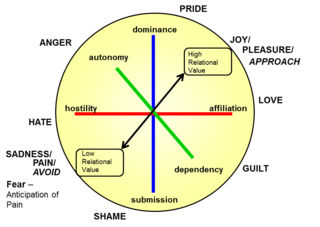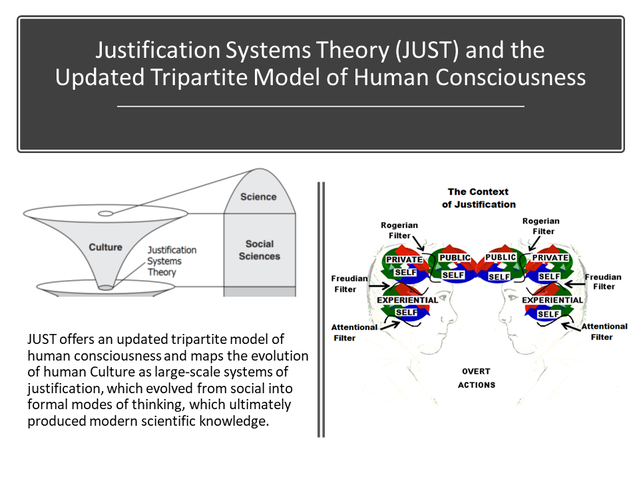Happiness
Happiness Is Inner Harmony and Relational Connection
People think of happiness as inner harmony and relational connection.
Posted January 18, 2016
Recently a large scale, international study asked almost three thousand people about happiness, specifically what it was and what contributed most to it. The results revealed a strong cross-cultural tendency to consider happiness in terms of both positive emotions and a sense of inner peace and harmony. Indeed, the authors noted that the notion of inner harmony was a much stronger theme among the participants than tended to be emphasized in the psychological science literature.
The researchers also looked at contextual factors associated with happiness and found two very strong contextual factors. The first and most important was social/relational. Good relations with friends, romantic partners and family were seen to be absolutely central to happiness. The second was bio-physical health.

The unified approach to psychology offers us a very clear scientific framework to understand these important findings. First, via the Influence Matrix, it identifies, very explicitly, the core psychosocial need as the need to be “known and valued” by important others. In common sense terms, this translates into good relationships with family, lovers, friends, and one’s sense of community.
Second, the unified approach provides a clear map of adult human consciousness, explicitly dividing it into three broad domains.
The first is the experiential self, which is the experience of being-in-the-world, organized by our emotions. The second is the private narrator, the portion that verbally narrates what is happening and why. The third is the public self, which is what is shared with others. The unified approach further offers a clear and scientific approach to account for what these systems are and why there is often not harmony and offers guidance on how to achieve harmony (see., e.g., here, here, and here).

Bottom line: Achieving inner harmony while feeling known and valued by important others is the universal key to human well-being. We need new approaches to mental health that start with this as the foundational insight.


